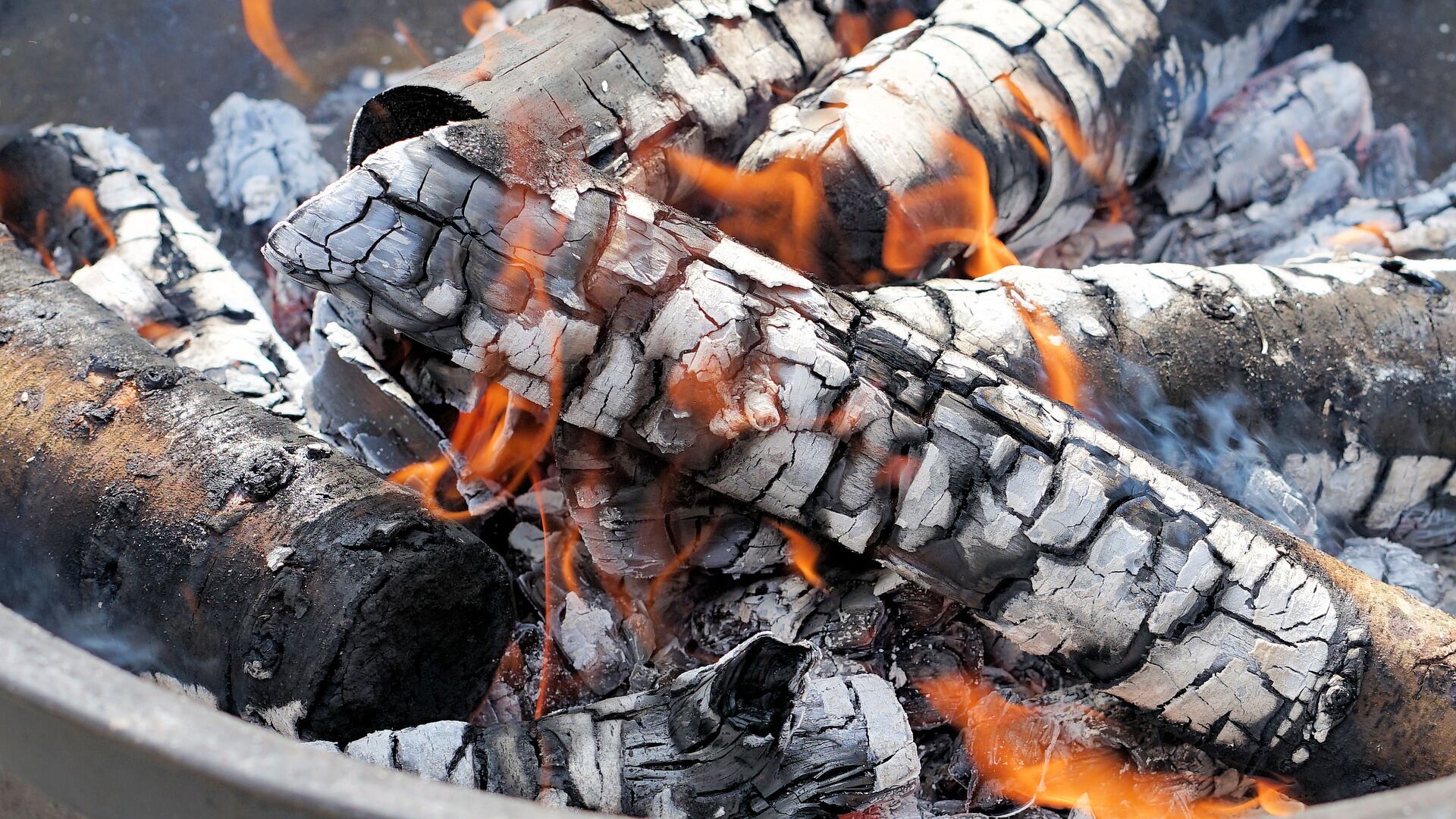Portland's air is dirty. And a new app asks residents to track pollution, via sniffing.
Smell MyCity launched today to help Portlanders "document and monitor air pollution odors in their neighborhoods," by having people "smell, submit and share," air pollution they encounter.
The app was developed by Carnegie Mellon University and backed by eco-friendly product company Seventh Generation. The non-profit Portland Clean Air has partnered with the app creators to help make the smell report data available to Portlanders.
Portland currently ranks among the top 25 cities with the most short-term particulate pollution, according to the American Lung Association's 2019 State of the Air Report. Particulate matter can come from wood fires, which are sometimes used commercially and residentially for cooking.
Residential wood burning is the biggest contributor of particulate pollutions, Susan C. Mills, public affairs specialist for the Department of Environmental Quality, tells WW. That's followed by gas and diesel exhaust, commercial and industrial operations, off-road diesel use and dust from roads and construction.
A new Northwest Portland restaurant, Mama Bird, recently ran into troubles after neighbors complained about smoke coming from its wood-fired grills. Although the restaurant had passed all necessary inspections, it closed briefly to install an industrial scrubber that removes particulate matter from the smoke.
That controversy exposed a loophole: In Multnomah County, there are air quality regulations for industrial emissions, but not for restaurants. The county does issue advisories to homeowners to avoid using fireplaces while air quality is poor—as it did earlier this month. But the ordinance against wood stoves during restricted burn periods does not extend to wood burning used for cooking.
"We typically have high particulate matter pollution levels during the winter when stagnation events cause limited air ventilation," Mills says. "The cold weather also causes people to use their woodstoves to stay warm and for ambiance."
Portlanders can download the Smell MyCity app now to start tracking pollution. Residents can also check the DEQ's Air Quality Index any time via the Oregon AIR app.

